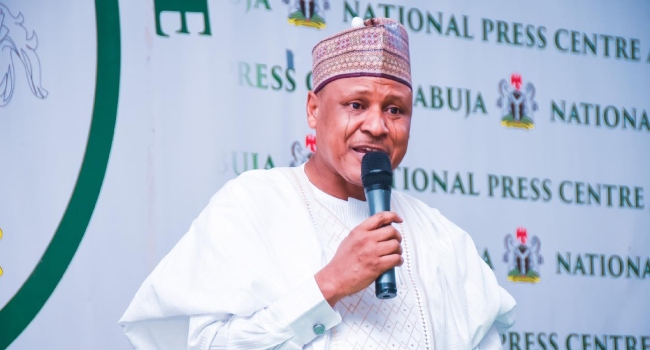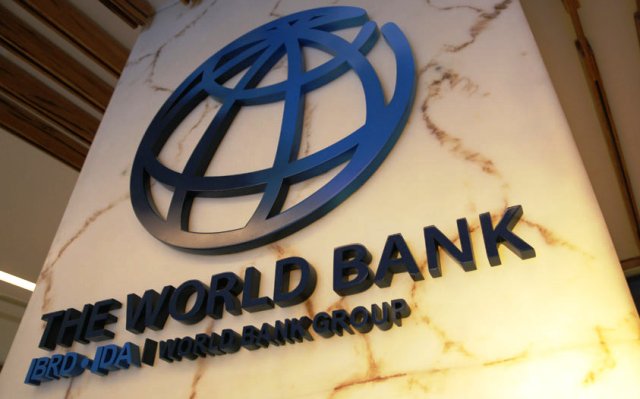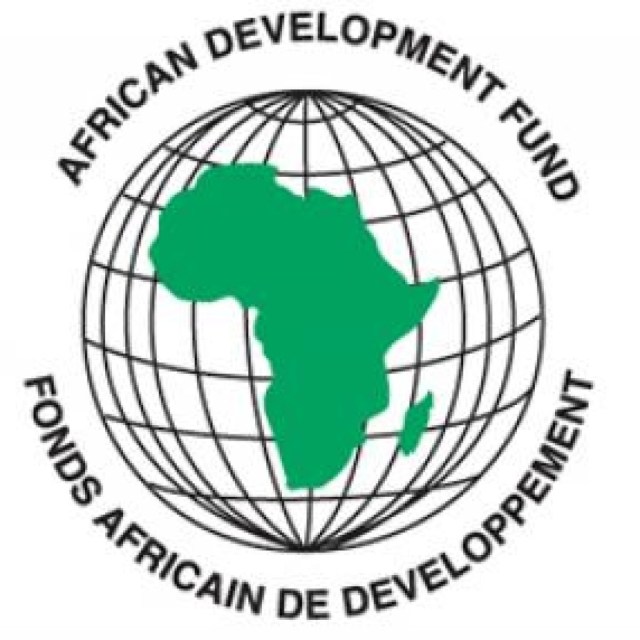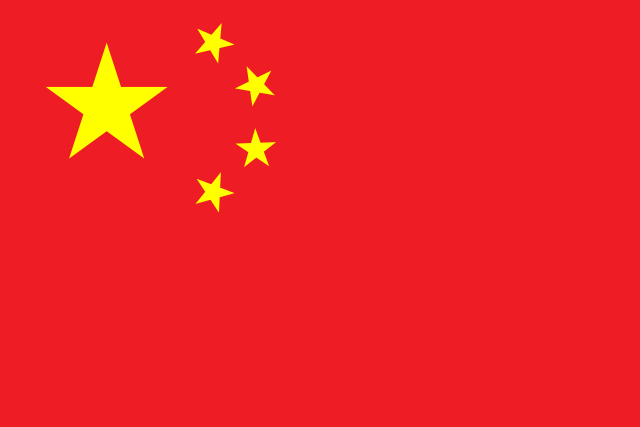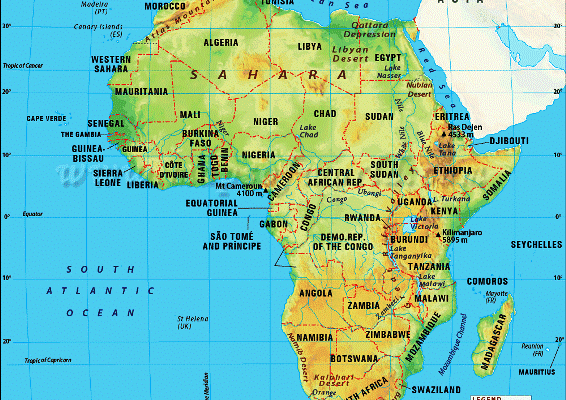The World Bank has called on African governments to embrace the use of Public Private Partnerships (PPPs) in order to bridge their infrastructure deficit gaps.
Johan Mistiaen, the programme leader for Equitable Growth, Finance and Institutions at the World Bank Group, told journalists in Nairobi that the financing gaps in infrastructure in the continent are so enormous that they cannot be met by public resources or international development organisations alone.
“We are therefore urging African governments to strengthen their PPPs frameworks in order to crowd in private sector in terms of financing, expertise and solutions for the development of critical infrastructure,” Mistiaen said during the launch of Kenya’s PPPs Projects Disclosure Portal, a website portal that will provide timely data on the infrastructure investment deals with the private sector.
The portal was developed jointly between Kenya and the World Bank. Kenya has a relatively well-developed legal framework for PPPs due to the enactment of the PPPs Act in 2013.
Mistiaen said infrastructure investments help enhance economic growth, can reduce poverty as well as boost shared prosperity.
He noted that the building-up and improving of the stock of infrastructure assets remains a key policy priority in Kenya, in the wider region, and indeed across the world.
The World Bank official said there is massive scope and opportunities to enhance the provision of services through PPPs investments in roads, energy, agriculture, housing and health among others.
Mistiaen said PPPs disclosures web portals have taken center stage as consensus develops globally that a major factor hindering projects implementation in countries around the world is a lack of awareness, transparency and accountability.
“The portals will also help to create a level playing field for investors, promote objective criteria for PPPs procurement, reduce renegotiations in PPPs contracts as well as improve competition and help grow the PPPs market,” he said.
Also speaking, Henry Rotich, Cabinet Secretary in Kenya’s National Treasury, said PPPs will play a role in the government development agenda as it seeks to roll out critical infrastructure and increase access to public services.
Rotich said government policy has shifted towards a more citizen centric approach to development, with a keen focus on the well-being of each and every Kenyan.
“”This is reflected in the government’s four key strategic areas which focus on health, manufacturing, affordable housing and food security,” he said.
He noted that PPPs will be key in enabling the government to achieve the Big Four Plan.
Rotich said that in order to accelerate economic development, the government is cognizant of the fact that it will need to deploy both physical infrastructure and technical expertise across all 47 counties.
“This is a capital-intensive venture that we cannot hope to finance through the national budget alone,” he added.
Contributing, Kamau Thugge, the Principal Secretary in the National Treasury, said Kenya hopes to leverage both private sector funds and expertise in the delivery of essential services to the public.
“In this regard, the government is keen on utilising PPPs to ensure projects are delivered on time and on budget, without compromising on quality,” Thugge said.


